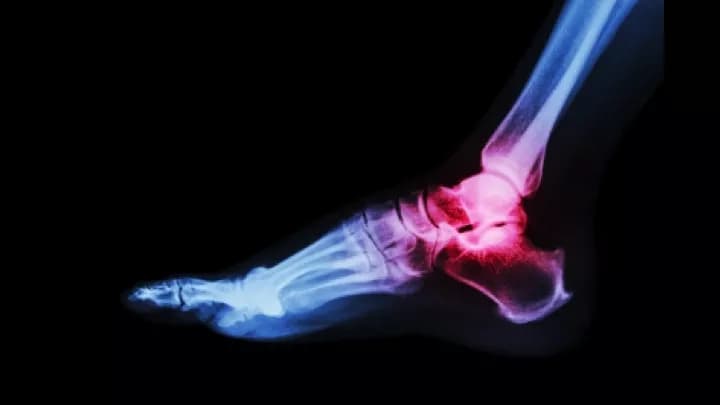
Study Links Mothers With Rheumatoid Arthritis And Kids With Epilepsy
A new study shows a link between mothers with rheumatoid arthritis and children with epilepsy. The study is published in the November 16, 2016, online issue of Neurology®, a medical journal of the American Academy of Neurology. Rheumatoid arthritis (RA) is an autoimmune disease that causes the body's own immune system to attack the joints. It differs from osteoarthritis, which is caused by wear and tear on the joints.
Children born to mothers with rheumatoid arthritis were 26 percent more likely to develop epilepsy than children whose mothers did not have rheumatoid arthritis. Having a father with rheumatoid arthritis did not have any effect on whether the child would develop epilepsy.
"These results suggest that changes in the environment for the fetus may play a role in the development of epilepsy," said study author Ane Lilleore Rom, PhD, of Copenhagen University Hospital in Denmark. "We don't know yet how this may work, but it could involve the production of maternal antibodies that could affect the unborn child."
For the study, researchers looked at records for children born in Denmark from 1977 to 2008. The nearly 2 million children were then followed for an average of 16 years. Of those, 31,491 children developed epilepsy, or 1.6 percent. A total of 13,556 children, or 0.7 percent, had mothers with rheumatoid arthritis. This also included mothers who were diagnosed with rheumatoid arthritis after their child was born; they were considered to have "preclinical" RA.
Compared to children whose mothers did not have RA, children whose mothers had RA at the time of their birth were up to 90 percent more likely to develop epilepsy, while children whose mothers had preclinical RA were 26 percent more likely to develop epilepsy. In absolute numbers this translates to 2 percent of children whose mothers had clinical RA and 3 percent of children whose mothers had preclinical RA at the time of birth who later developed epilepsy.
Since children of mothers with preclinical RA also had an increased risk of epilepsy, Rom said the findings point towards an important role of the disease itself rather than an effect of treatments for RA. However, the specific influence of RA treatments needs further investigation.
The results were the same after researchers adjusted for factors such as the baby's birth weight, gestational age at birth, and whether the mother also had epilepsy.
Rom noted that research has shown an increased risk of epilepsy for people who have autoimmune diseases that directly involve the brain, such as multiple sclerosis. Also, rheumatoid arthritis has been found to increase the risk of epilepsy even though rheumatoid arthritis does not directly affect the brain. "But it is new knowledge that also offspring of mothers with rheumatoid arthritis seem to have an increased risk of developing epilepsy," Rom said.
Materials provided by American Academy of Neurology (AAN). Note: Content may be edited for style and length.
Disclaimer: DoveMed is not responsible for the adapted accuracy of news releases posted to DoveMed by contributing universities and institutions.
Primary Resource:
Rom, A. L., Wu, C. S., Olsen, J., Jawaheer, D., Hetland, M. L., Christensen, J., ... & Mørch, L. S. (2016). Parental rheumatoid arthritis and childhood epilepsy A nationwide cohort study. Neurology, 10-1212. DOI: 10.1212/WNL.0000000000003424
Related Articles
Test Your Knowledge
Asked by users
Related Centers
Related Specialties
Related Physicians
Related Procedures
Related Resources
Join DoveHubs
and connect with fellow professionals

0 Comments
Please log in to post a comment.